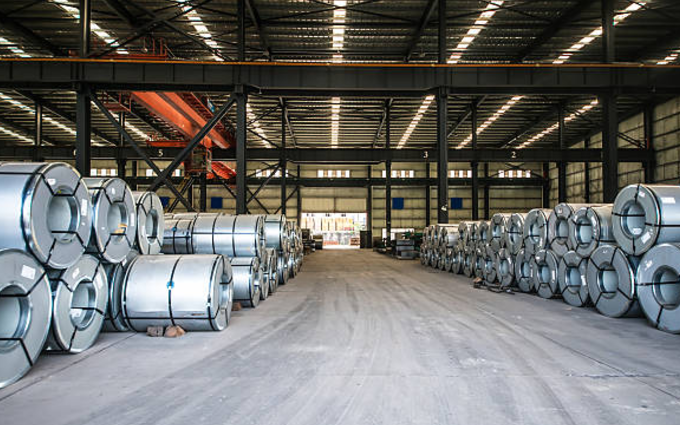
Posted on Tuesday, August 6, 2024
Importing steel coil into Namibia can be a vital process for businesses in construction, manufacturing, and other industries. Understanding the cost, tariffs, delivery process, and key considerations is essential for a smooth and cost-effective import experience.
The cost of importing steel coil involves several components:
Namibia follows the Southern African Customs Union (SACU) tariff regulations. Key factors influencing tariffs include:
Consult with a customs broker or the Namibian Revenue Agency (NamRA) for updated tariff details.
When importing steel coils, pay attention to the following:
Q1: What documents are required for importing steel coil into Namibia? A: You will need the following documents:
Q2: Are there any import restrictions on steel coils in Namibia? A: Generally, there are no restrictions, but specific permits may be required for certain types of steel products. Check with NamRA for the latest requirements.
Q3: How long does shipping steel coil to Namibia take? A: Shipping time depends on the country of origin. For example:
Q4: How do I calculate import duties and VAT? A: Import duties are calculated based on the CIF (Cost, Insurance, Freight) value, while VAT is charged on the total value, including customs duties.
Q5: What is the best way to find a reliable supplier? A: Look for suppliers with strong references, online reviews, and certifications. Trade shows and supplier directories can also be valuable resources.
By following these guidelines and addressing potential concerns, businesses in Namibia can ensure a seamless and successful steel coil import process. Stay updated on regulations and tariffs by consulting with customs brokers and trade experts regularly.

Used Purlin Roll Forming Machines for Sale Worldwide
Posted on Sunday, January 25, 2026
Pre-Owned Roll Forming Machines for Purlin & Structural Steel Profiles

Used Roof Panel Roll Forming Machines for Sale Worldwide
Posted on Sunday, January 25, 2026
Pre-Owned Roll Forming Machines for Roofing Panel Production

Used Roll Forming Machines for Sale Worldwide
Posted on Tuesday, January 20, 2026
Pre-Owned Roll Forming Machines with Inspection, Verification & Global Support

Steel Coil Supply for Roll Forming Machines Worldwide
Posted on Tuesday, January 20, 2026
Reliable Steel Coil Supply for Roll Forming, Fabrication & Manufacturing Applications
Copyright 2026 © Machine Matcher.